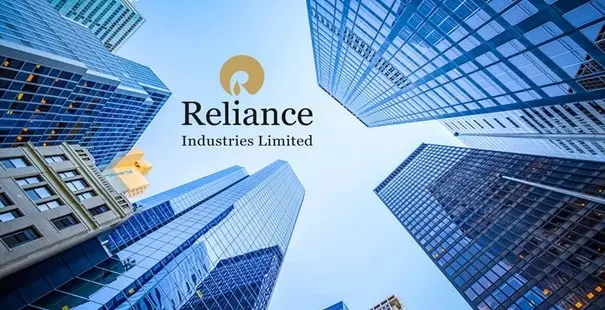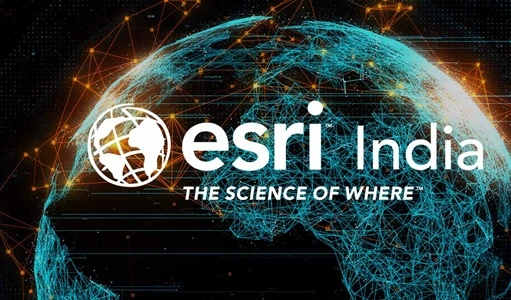Reliance Industries Limited (RIL), India’s largest conglomerate, has announced the acquisition of a 74% stake in Navi Mumbai Integrated Industrial Area (NMIIA) for a transaction value of ₹16.28 billion ($192 million). The move underscores Reliance’s strategic expansion into the warehousing and logistics sectors, aligning with the increasing demand for industrial spaces in India.
Strategic Relevance of the Acquisition
Navi Mumbai Integrated Industrial Area, previously known as Navi Mumbai Special Economic Zone, was restructured as an integrated industrial area in 2018 with approval from the Maharashtra state government. This reclassification allows the region to attract a diverse range of industries, bolstering its potential as a key logistics hub in Mumbai, India’s financial capital.
Reliance’s latest move comes at a time when the warehousing and logistics market in India is witnessing a surge in demand. As Asia’s third-largest economy continues to grow steadily, global companies are actively exploring India as a manufacturing and supply chain alternative to China. The acquisition is expected to provide Reliance with a competitive edge in meeting the growing demand for modern industrial spaces and infrastructure.
NMIIA’s Performance and Future Potential
For the fiscal year ending March 2024, NMIIA recorded a turnover of ₹348.9 million, a 6% year-over-year increase. The developer’s consistent revenue growth reflects the rising interest in industrial parks and warehousing facilities across the country. With Reliance now holding a majority stake, the industrial area will likely benefit from the conglomerate’s expertise and resources in infrastructure development, technology, and operations.
The City and Industrial Development Corporation of Maharashtra (CIDCO) retains a 26% stake in NMIIA, ensuring a continued partnership between the public and private sectors in shaping the region’s future. This collaboration is expected to foster economic growth in Navi Mumbai by creating jobs and attracting investments.
Strengthening Reliance’s Logistics and Warehousing Operations
As noted in its latest annual report, Reliance already has a strong presence in logistics and warehousing through its existing subsidiaries. The NMIIA acquisition adds significant value to Reliance’s logistics portfolio, enhancing its ability to serve industries requiring state-of-the-art warehousing solutions. With operations spanning energy, telecommunications, and retail, Reliance is well-positioned to integrate NMIIA’s capabilities into its broader supply chain ecosystem.
This acquisition aligns with Mukesh Ambani’s vision of building a robust infrastructure backbone to support India’s evolving industrial landscape. Reliance’s commitment to scaling operations in the warehousing sector could drive innovation and improve efficiency in supply chain management, benefiting businesses across industries.
India’s Growing Warehousing Market
India’s warehousing market has emerged as a lucrative investment opportunity, driven by factors like e-commerce growth, manufacturing sector expansion, and government initiatives like “Make in India.” Navi Mumbai, as a strategic location, offers proximity to Mumbai’s ports and other major transportation networks, making it a preferred destination for industrial parks.
The acquisition of NMIIA positions Reliance to capitalize on these market dynamics and play a pivotal role in transforming India’s industrial infrastructure. The deal is not just a financial transaction but a strategic investment that could redefine logistics and warehousing standards in the country.
Conclusion
Reliance Industries’ acquisition of a majority stake in Navi Mumbai Integrated Industrial Area marks a significant milestone in its journey toward becoming a leader in industrial infrastructure. By leveraging its resources and expertise, Reliance aims to unlock the full potential of NMIIA, contributing to India’s industrial growth and meeting the rising demand for modern warehousing solutions. This move reinforces Reliance’s commitment to innovation, diversification, and long-term growth in one of the fastest-growing markets in the world.
















